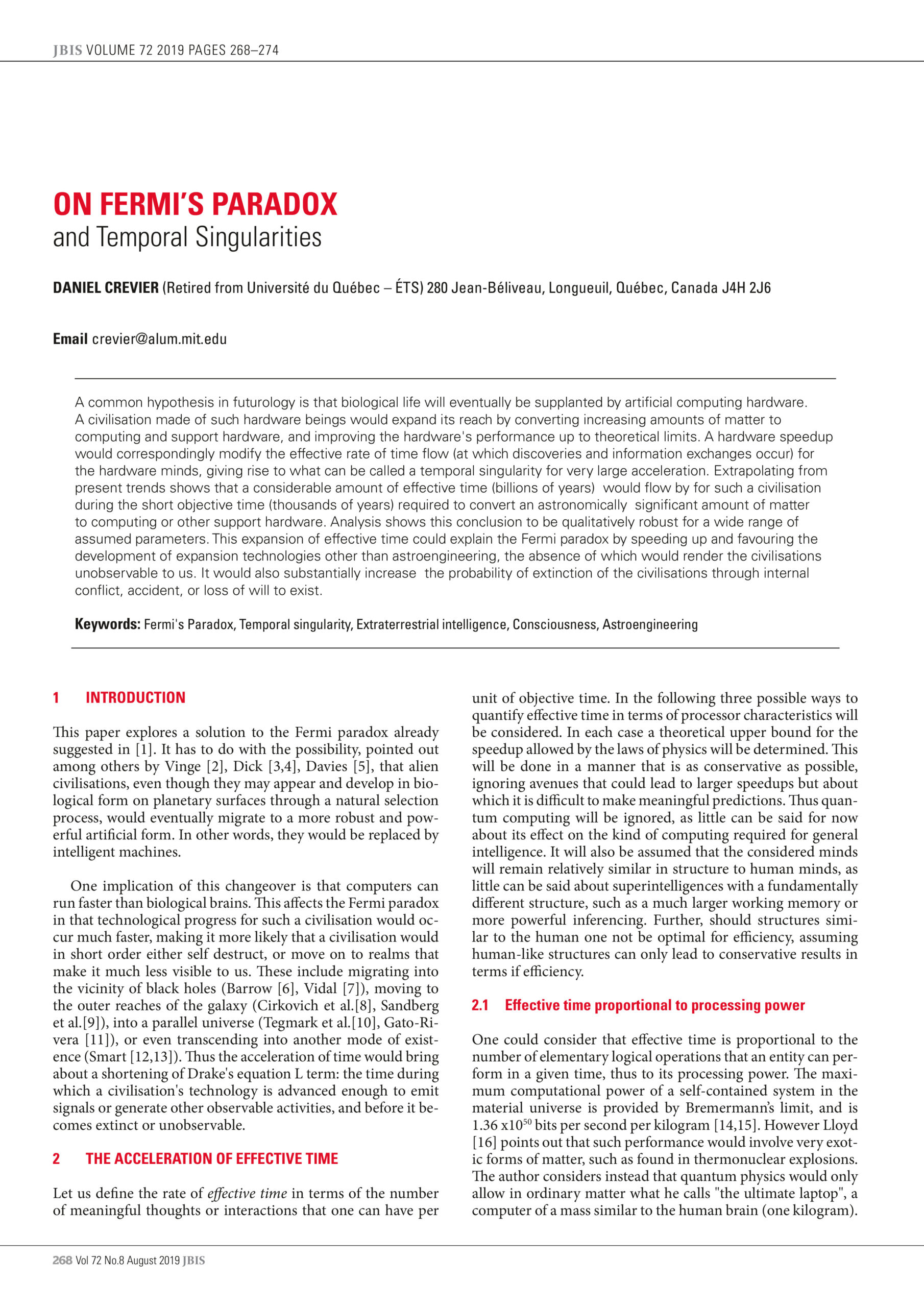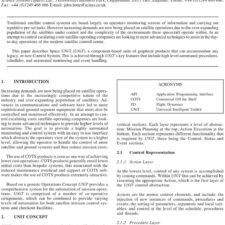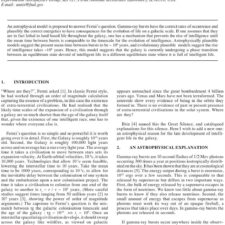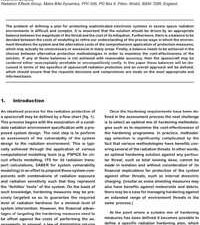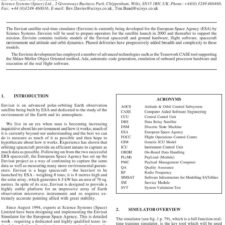On Fermi’s Paradox and Temporal Singularities
£5.00
D. Crevier (2019), JBIS, 72, pp.268-274
Refcode: 2019.72.268
Abstract:
A common hypothesis in futurology is that biological life will eventually be supplanted by artificial computing hardware. A civilisation made of such hardware beings would expand its reach by converting increasing amounts of matter to computing and support hardware, and improving the hardware’s performance up to theoretical limits. A hardware speedup would correspondingly modify the effective rate of time flow (at which discoveries and information exchanges occur) for the hardware minds, giving rise to what can be called a temporal singularity for very large acceleration. Extrapolating from present trends shows that a considerable amount of effective time (billions of years) would flow by for such a civilisation during the short objective time (thousands of years) required to convert an astronomically significant amount of matter to computing or other support hardware. Analysis shows this conclusion to be qualitatively robust for a wide range of assumed parameters. This expansion of effective time could explain the Fermi paradox by speeding up and favouring the development of expansion technologies other than astroengineering, the absence of which would render the civilisations unobservable to us. It would also substantially increase the probability of extinction of the civilisations through internal conflict, accident, or loss of will to exist.

